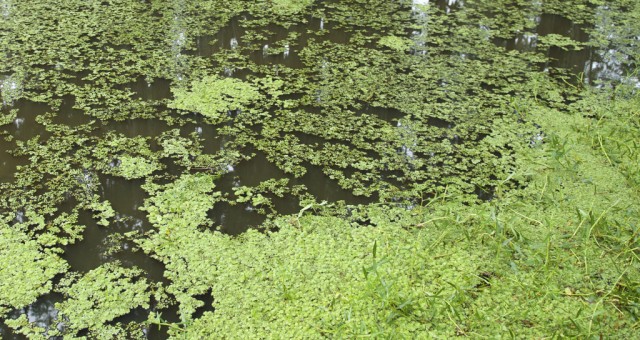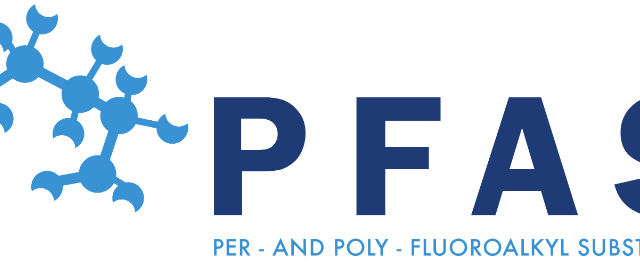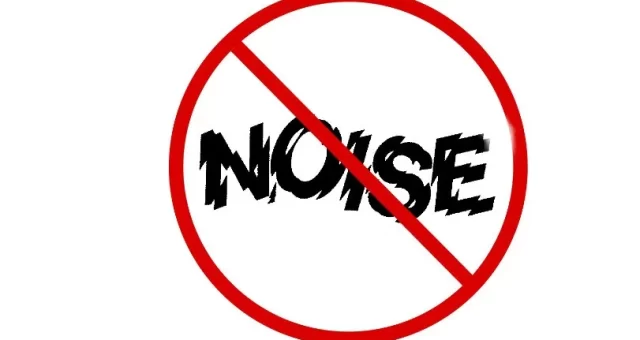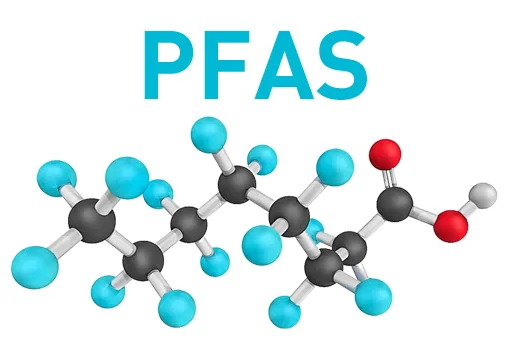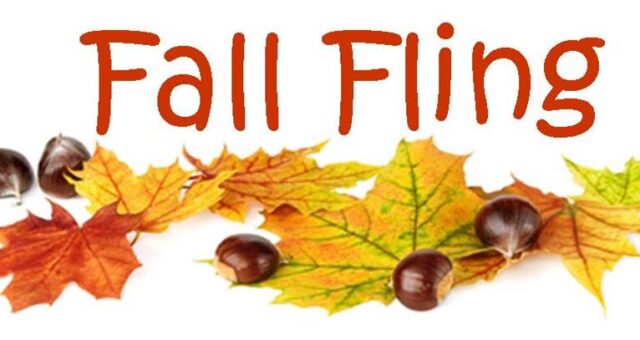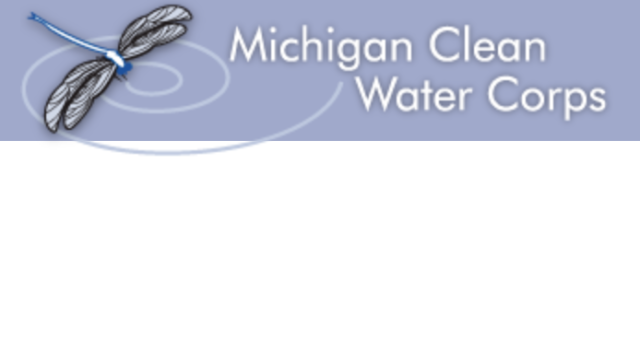The Michigan Clean Water Corps (MiCorps), a network of volunteer monitoring programs that collect and share surface water quality data statewide, is holding its 2023 Annual Conference at the W.K. Kellogg Biological Station in Hickory Corners, Michigan, on Oct. 20, 2023. Those traveling to the conference have the option to spend the night at the W.K. Kellogg Biological Station on Oct. 19, 2023, and participate in an afternoon workshop and evening reception. Registration is now open for the 2023 MiCorps Conference. The agenda includes sessions on stream macroinvertebrate identification, freshwater mussel monitoring, volunteer…
continue reading →


